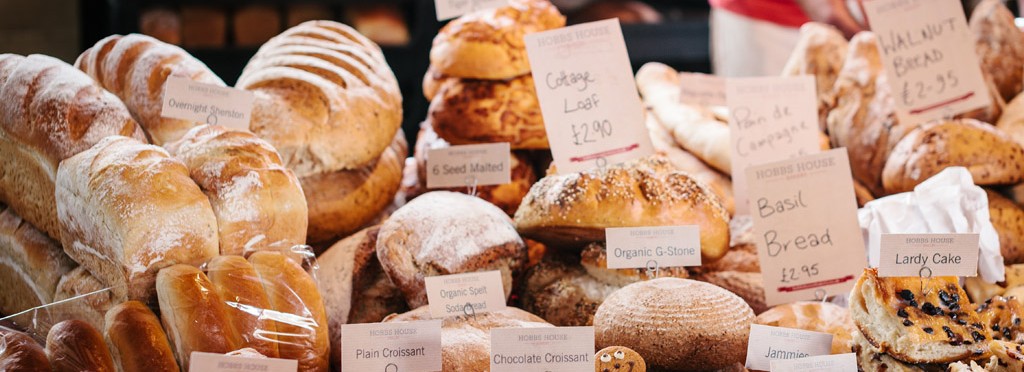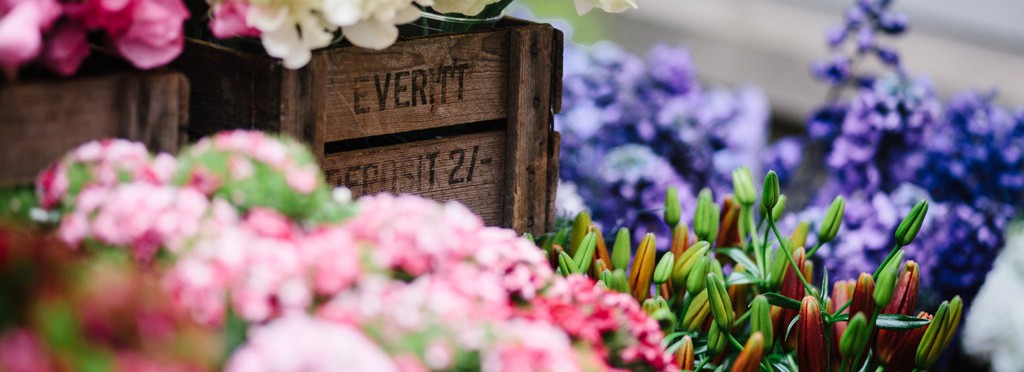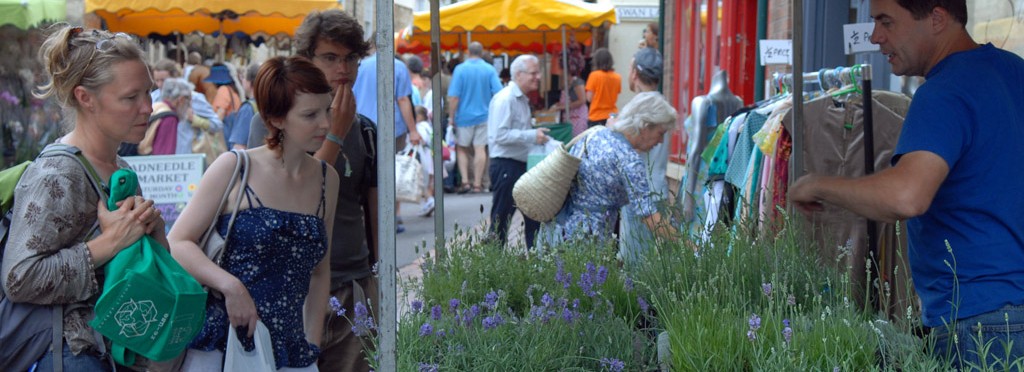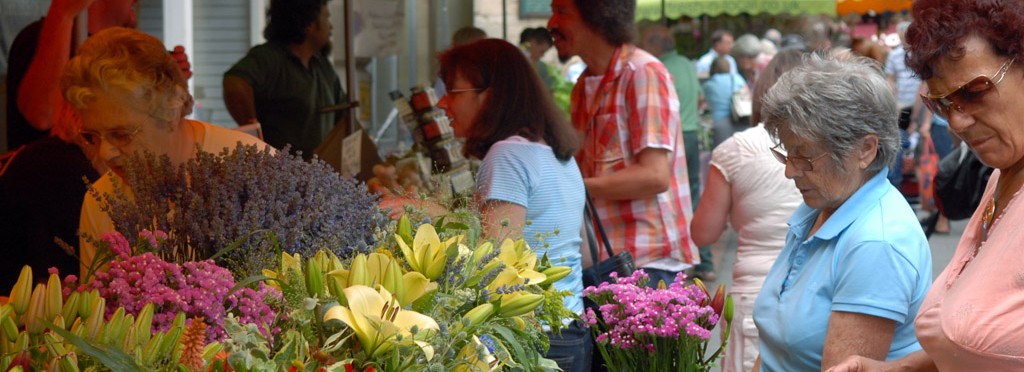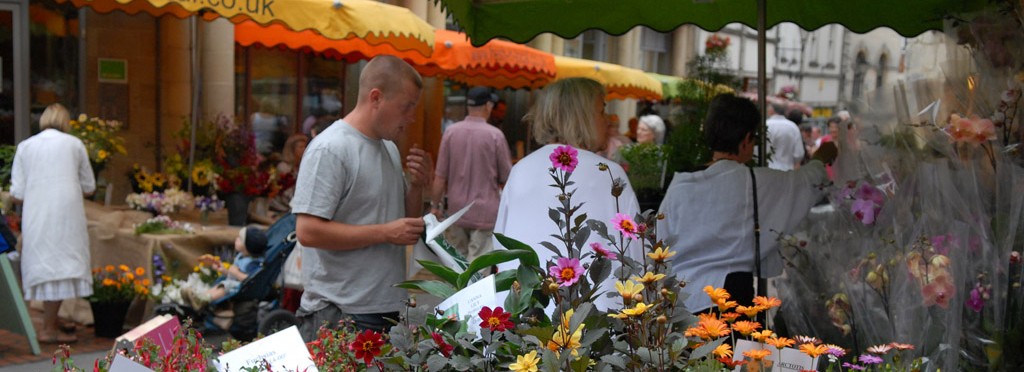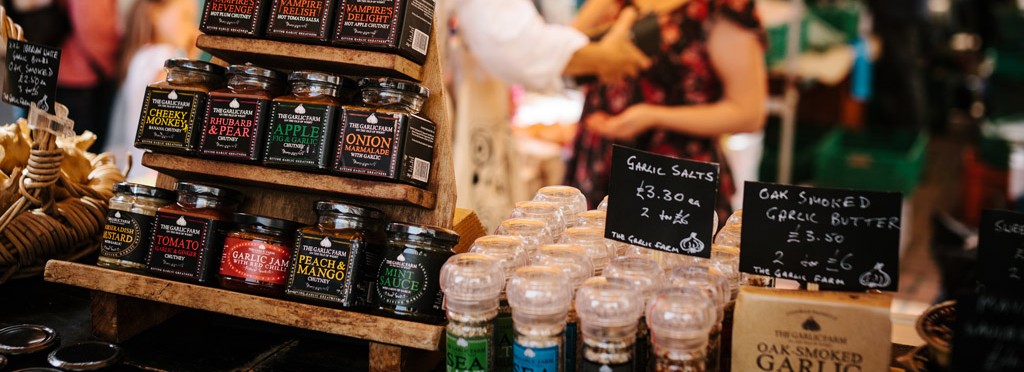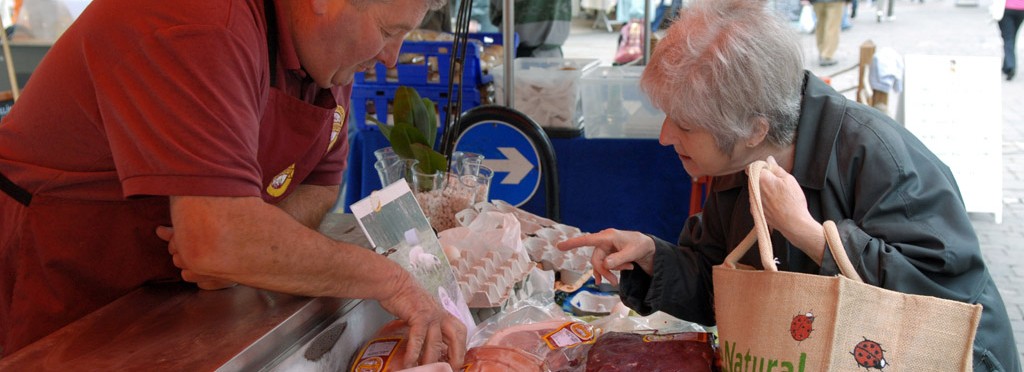Apple Bobbing
If the only apple varieties you know are Braeburn and Granny Smith’s, then get yourself down to Stroud Farmers’ Market this autumn where you’ll find an astonishing assortment of lesser known, heritage varieties.
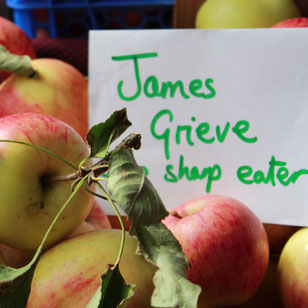
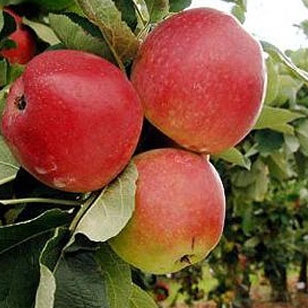

At Coleshill Organic Farm, Sonia Oliver and her family grow over 25 varieties of apple in orchards planted 13 years ago. You can find traditional heritage varieties at Crofts Farm, which works with Natural England to preserve its ancient apple orchards, while at Days Cottage they propagate old and unusual varieties of apple trees, specialising in local Gloucestershire varieties.
In the meantime, see which of these apple varieties you recognise, all available to try at the market this season:
- Lord Lamborn – a good eating apple with an amazing flavour – not too sweet and with a bit of tartness. People have said ‘it tastes like a proper apple!’
- Spartan – an attractive, very red, crisp, small apple that kids love because you can really shine it up well!
- Sunset – a sweet, little apple, similar to a cox, that’s great for children’s lunchboxes.
- Worcester Pearmain – an early season apple which sometimes has a strawberry flavour. Similar to a cox, being quite hard and nutty in texture and flavour.
- Cats Head or Nine Squares – a general purpose apple recorded from Gloucestershire in the 1800s, so called because its flatish sides form squares.
- Lord Derbys – a sharp cooking apple that was introduced in the Victorian era.
- Ashmead’s Kernel – started in Gloucestershire in 1700, this is an excellent dessert apple, hard, dry and nutty.
- Arlington Pippin – an attractive yellow/green apple with some red/orange flush. Shares its name with an old Gloucestershire pear variety.
- Howgate Wonder – giant sized cookers that are a bit sweeter than your average Bramley. People love them once they’ve tried them!
- Grenadier – one of the earliest cookers, this sharp apple was introduced in 1800.



